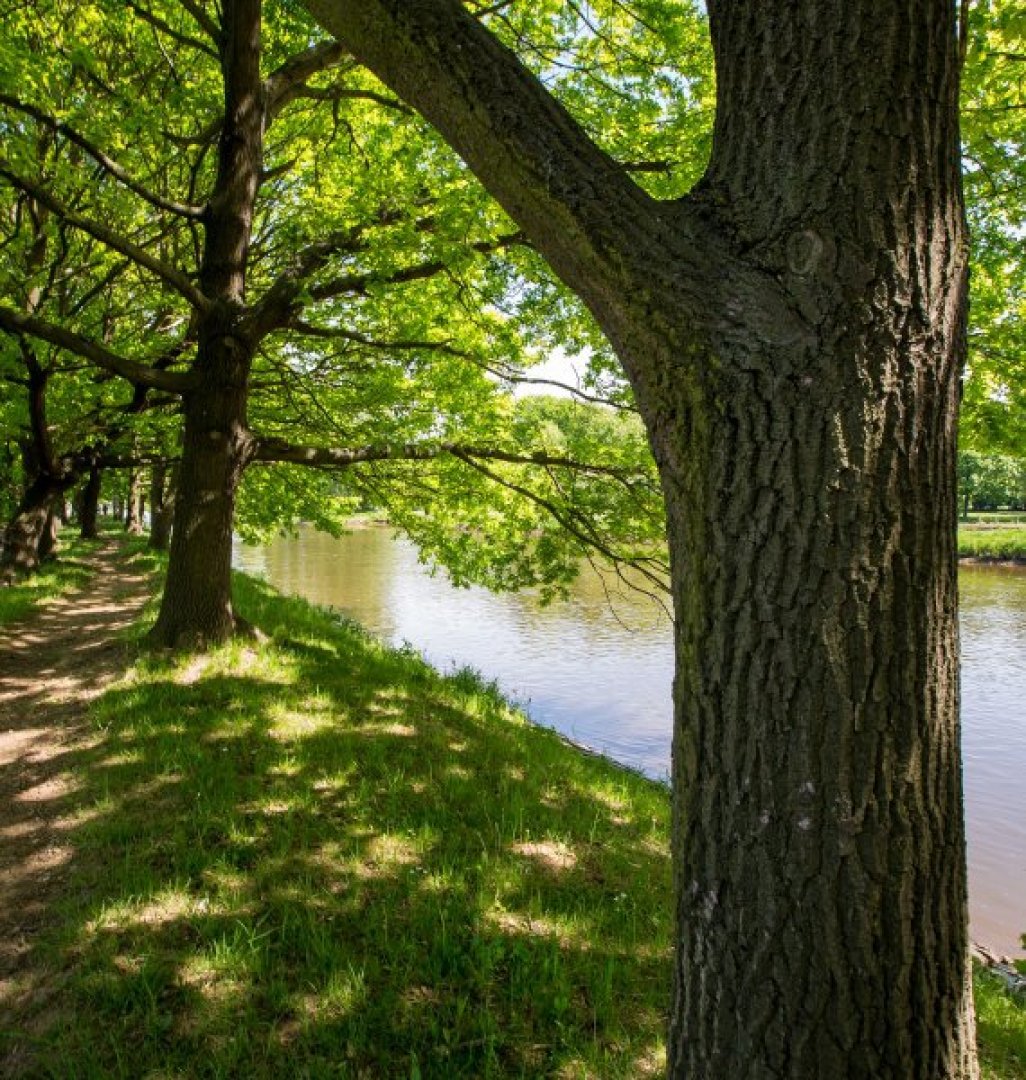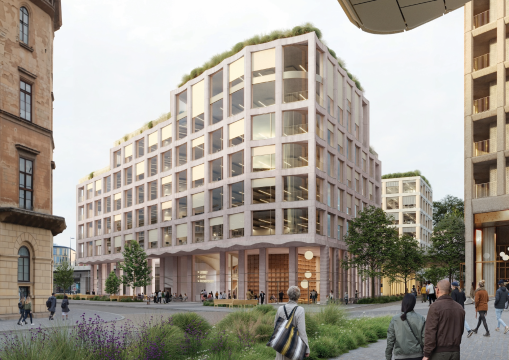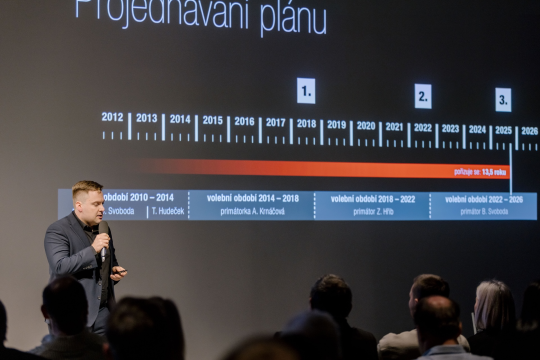Prague will initiate work on the Prague Strategy for Adaptation to Climate Change
Climate change has recently caused a higher occurrence of extreme weather events. It is one of Prague’s priority topics to timely respond to such events caused by climate change and to prevent possible climate change related damage. Therefore, the capital will initiate work on the Prague Strategy for adaptation to climate change.

Climate change has recently caused an increased occurrence of extreme weather events. On the one hand, this is manifested by the rise in average air temperature by 1 °C in our territory by 2030 and the average annual temperature is forecasted to rise even further by several degrees Celsius. Other signs of climate change are a higher risk of episodic extreme heat waves occurrence, their intensity and length, a larger number of days with temperature above 30 °C (so called “tropical days”) and nights with temperature above 20 °C (“tropical nights”) and an increased effect of urban heat island, i.e. the city centre experiences a higher temperature than its surrounding areas due to higher accumulation of solar radiation in the built-up area.
Therefore, it is necessary to prepare and formulate a local (urban) strategy respecting the specifics of the city landscape characterised by high population density, a large share of built-up area and paved surfaces, as well as by high concentration of economic, technical, and transport infrastructure.
The Covenant of Mayors’ Mayors Adapt Initiative is a useful tool to achieve the aforementioned goals. Joining the initiative means that the city commits itself to prepare an adaptation strategy in two years after joining.
The capital city of Prague is expected to adopt a set of measures ensuring in particular sustainable water management (infiltration or the use of precipitation, saving measures) as well as a functional interconnection of surfaces with predominantly natural character forming the urban greenery system, including forest ecosystems. Water bodies and vegetation areas and features also play an important role as they can influence the microclimate of built-up areas significantly and lower the temperature in cities. The support to make the urban land prepared for the symptoms of climate change also involves a transition to passive standards in new buildings and a thorough renovation of existing buildings to help reduce the ecological footprint of the city.
Prague Institute of Planning and Development (IPR) and Prague City Hall in cooperation with UrbanAdapt project supported with a grant from Iceland, Liechtenstein, and Norway, in preparation for Prague Adaptation Strategy, organise a workshop under the auspices of City Councillor RNDr. Jana Plamínková called
Preparing a strategy for Prague's adaptation to climate change,
which will take place on Monday 30 May 2016 at 13:00 in the Marble Hall of Clam-Gallas Palace, Prague, Husova 158/20. P
The UrbanAdapt Project (EHP-CZ02-OV-1-036-2015) is supported with a grant from Iceland, Liechtenstein, and Norway.
Mohlo by Vás také zajímat

Pražany baví participační hra. V roce 2025 se do projektu Tvoje město, Tvůj prostor zapojily skoro tři stovky návštěvníků

Novou Florenc navrhne 15 evropských ateliérů. Praha zná vítězné návrhy mezinárodních architektonických soutěží

